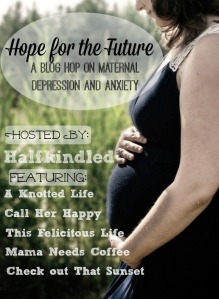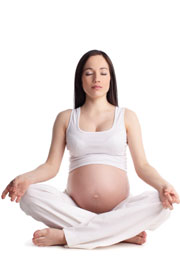Here’s a thought that attacks me all the time: I’m not doing enough. I should be spending more time with my mother; I should spend more one-on-one time with the kids; I should be praying better, and more often; I should be able to handle a long day without losing it; I should be able to manage without having my husband step in and rescue me all the time.
At first, I tried to counter this thought by arguing against it. I would tell myself that I really was doing enough; or I would say that yes, it wasn’t enough, but I had good excuses, and I would do better later. Neither of these worked; I couldn’t convince myself that I was giving my all, but I couldn’t realistically see myself doing more, either. I used to torture myself with the thought that I was not actually trying my best, because there were some moments–a lot or a few, it didn’t matter–when I was not trying as hard as I could have. This led to a vicious cycle of self-pity and self-accusation: I knew I could theoretically try harder, but even with my current minimum of effort I was a mess; so what was I supposed to do?
Here’s the answer: it is what it is. The fact is, you are not doing all you could possibly do. It could always be better. But here’s an equally important fact: just because you should, ideally, be doing something, doesn’t mean that it’s possible. Yes, I should be spending more time with my mother; but the fact is, I just can’t. For so many reasons, I can’t. This means that, given the situation, thinking about what I should or could be doing is irrelevant. It is what it is. Give yourself a break: this isn’t an excuse, it’s just reality. There are enough things to worry about without wasting your energy on things you can’t change.
(I had this insight while I was in therapy, not so much from my therapists, but from the thought processes they helped me start. I’ve found that this is the best thing about a good therapist; she doesn’t give you the answers so much as ask the right questions, and guide you to answer them yourself. I know, this sounds like a cop-out; but if you’ve ever tried sitting down by yourself and thinking about why you do a certain thing, or what part of your life needs to change, I bet you didn’t get very far. Having to do it out loud, in front of someone, really helps you kickstart the process!)








